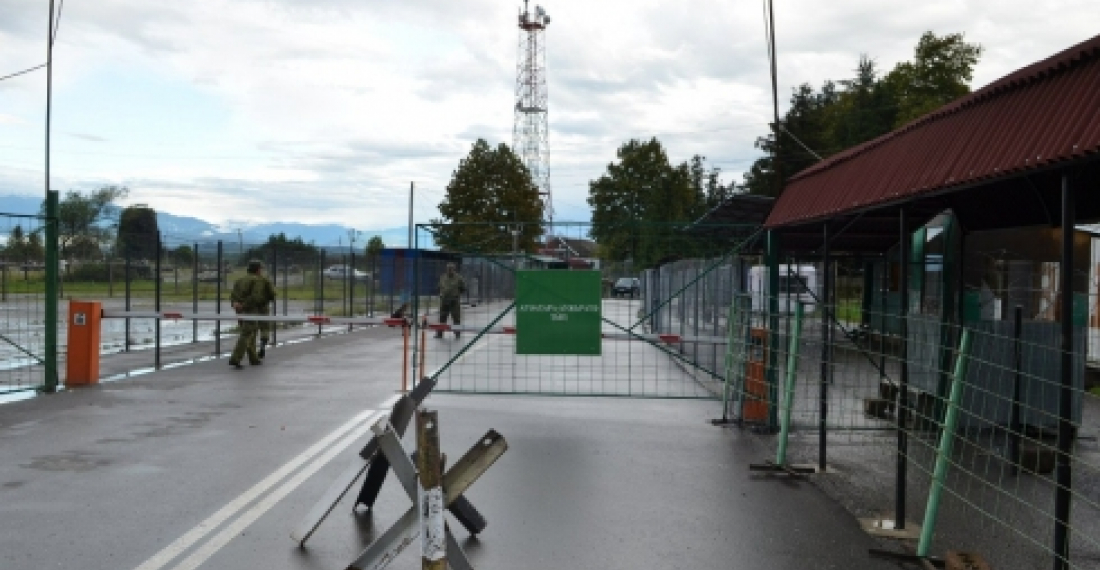The first meeting of the Incident Prevention and Response Mechanism (IPRM) on the Abkhazian border for four years took place on Friday, in the town of Gali. The meeting was attended by representatives of Georgia, Russia, the UN, the EU and the self-declared Republic of Abkhazia.
The meetings were in 2012 after the Abkhazian representatives objected to thier format, but at the last round of the peace talks in Geneva, on March 23, the Georgian and Abkhaz sides reached an agreement to resume.
The main theme of Friday's meeting was the incident that occurred on the Abkhaz-Georgian border on May 19, when Giga Otkhozoria, a Georgian citizen was shot dead, allegedly by Abkhaz border guards.
"The meeting was constructive and was conducted in a peaceful environment. Discussions focused on the Khurcha murder. We demanded that the killer be brought to the Georgian justice", Irakli Beraia, a Georgian official, adding the next IPRM meeting will take place on July 6.
Source: commonspace.eu with with agencies






